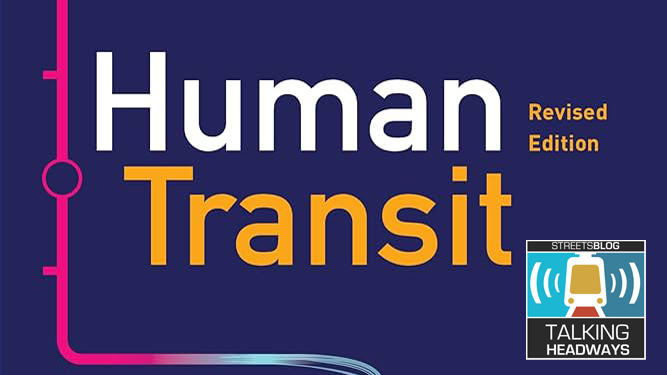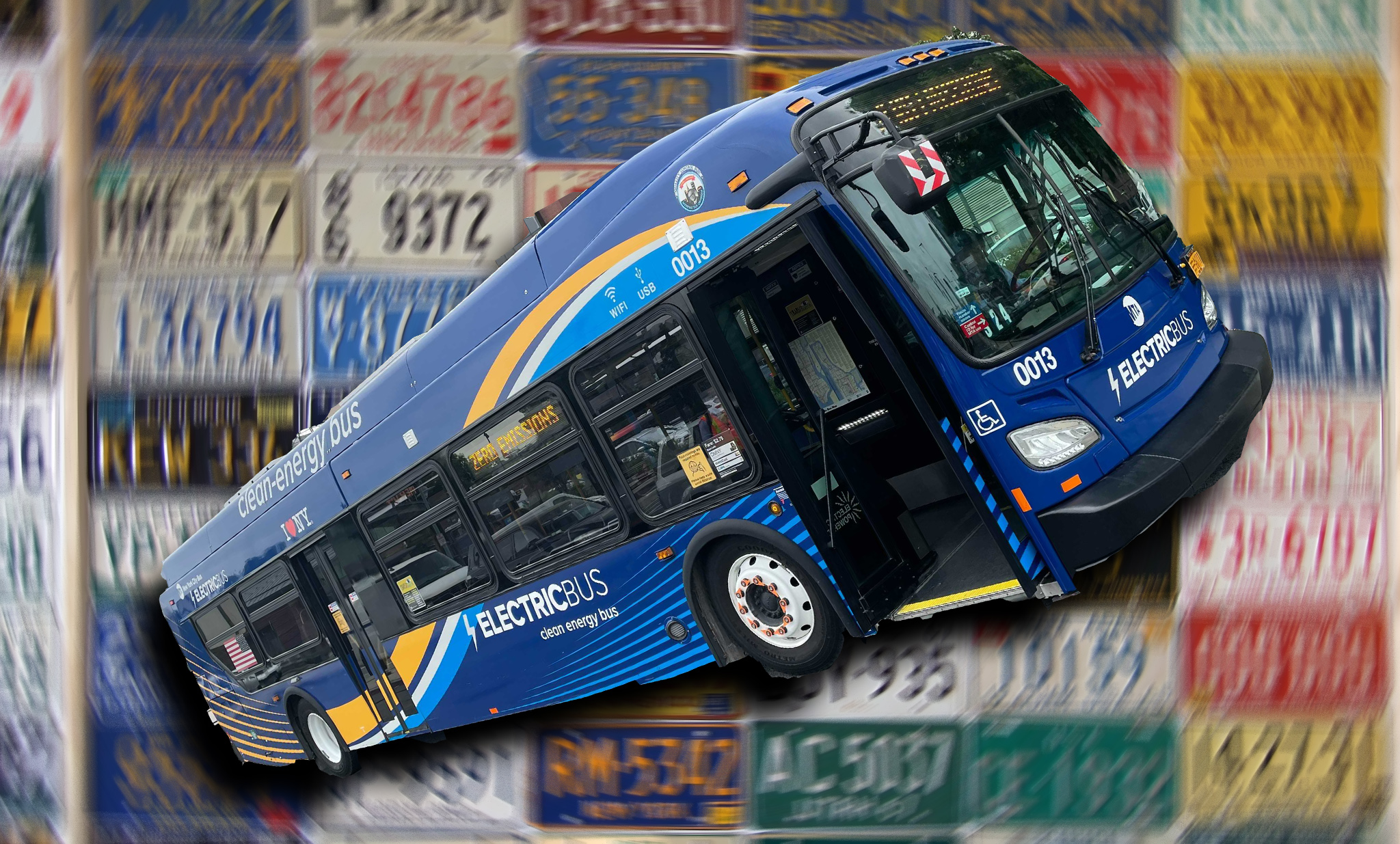 Photo: bondidwhat/Flickr
Photo: bondidwhat/FlickrThe New York Times today endorsed a bill from Senator Chuck Schumer, and its companion in the House, co-sponsored by Long Island Democrat Steve Israel, which would offer up to $4,000 in vouchers to drivers who give up their gas guzzlers (averaging 18 miles-per-gallon or worse) in exchange for "a new or used car that exceeds the corporate average fuel economy for vehicles in its class by 25 percent."
According to the Times, the Schumer-Israel bill -- the Accelerated Retirement of Inefficient Vehicles Act (ARIVA) -- is superior to an alternative proposal from Rep. Betty Sutton of Ohio, whose Consumer Assistance to Recycle and Save Act (CARS) would authorize up to $5,000 in vouchers to drivers who swap their old cars for "new ones that are assembled in the United States and carry a minimum fuel-efficiency rating of 27 m.p.g." Beginning in 2010, Sutton's bill would offer $7,500 toward domestic hybrid models averaging 100 mpg or more.
The Obama administration likes the "cash for clunkers" concept. CARS has the backing of the UAW and, not surprisingly, is favored by Detroit. "But because more than half the cars in showrooms today already meet the
27 m.p.g. standard set by the bill," write the editors of the Times, "the measure would provide fewer
environmental benefits than the more ambitious Schumer-Israel proposal." ARIVA, on the other hand, would "guarantee considerable oil savings and significant reductions in carbon dioxide."
Or not. In a recent New Yorker article, David Owen sums up the argument against a CAFE-based cure-all.
If doubling the cost of gas gives drivers an environmentally valuableincentive to drive less -- the recent oil-price spike pushed downconsumption and vehicle miles travelled, stimulated investment inrenewable energy, increased public transit ridership, and killed theHummer -- then doubling the efficiency of cars makes that incentivedisappear. Getting more miles to the gallon is of no benefit to theenvironment if it leads to an increase in driving -- and the response ofdrivers to decreases in the cost of driving is to drive more. Increasesin fuel efficiency could be bad for the environment unless they’reaccompanied by powerful disincentives that force drivers to findalternatives to hundred-mile commutes.
It isn't mentioned in the Times editorial, but each "cash for clunkers" bill does in fact offer incentives for drivers to leave their cars behind -- sort of. Both CARS and ARIVA would give drivers the option of trading their personal wheels for transit vouchers, but the payout is limited to $3,000.
While such measures could conceivably entice urbanites in transit-rich environments, despite being shortchanged, to give up their cars altogether, what impact might a popular federal "cash for clunkers" program have on the rest of the country? And if the goal is to reduce fossil fuel consumption, why on earth would the transit benefit be $2,000 less than that granted to the new car buyer?




